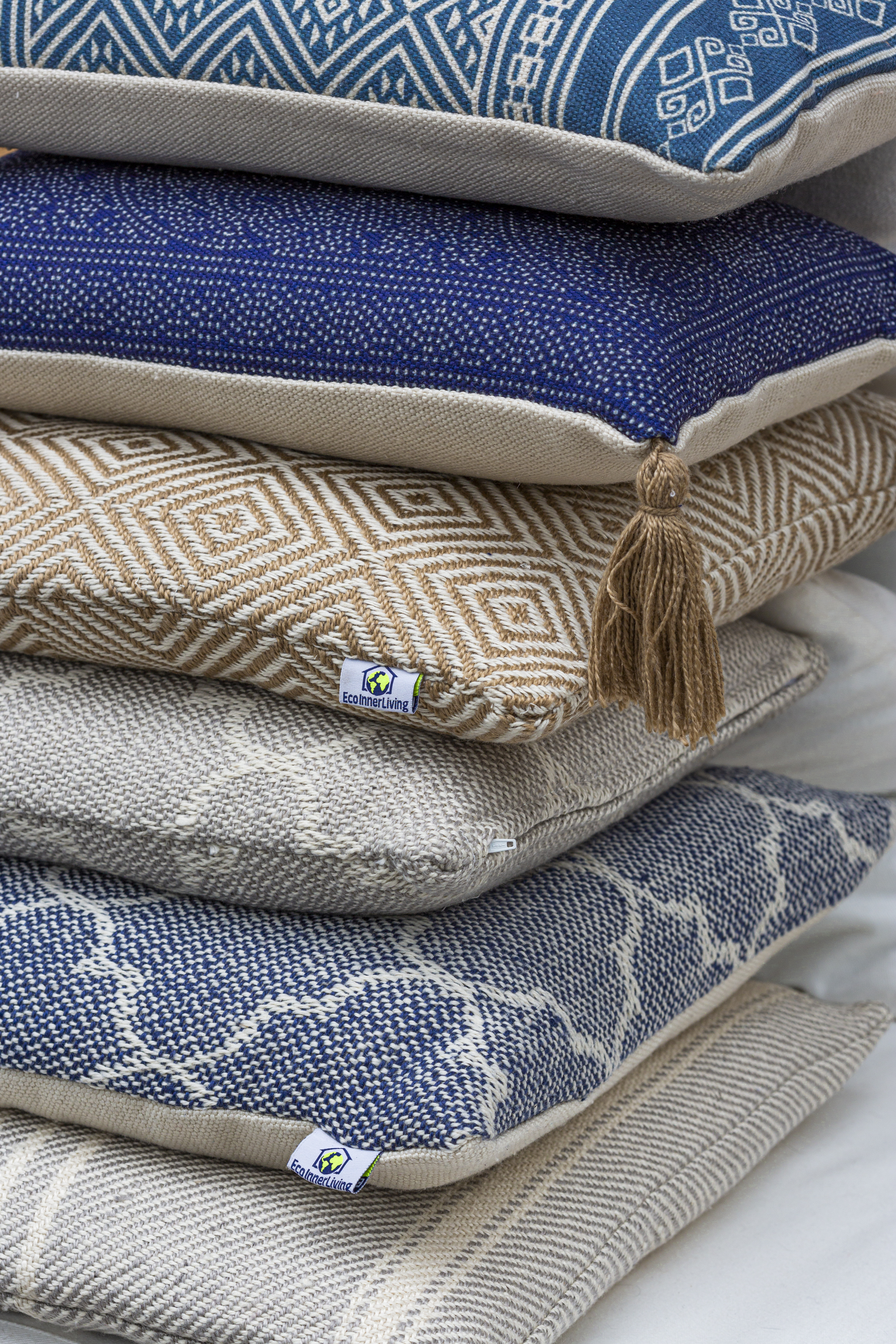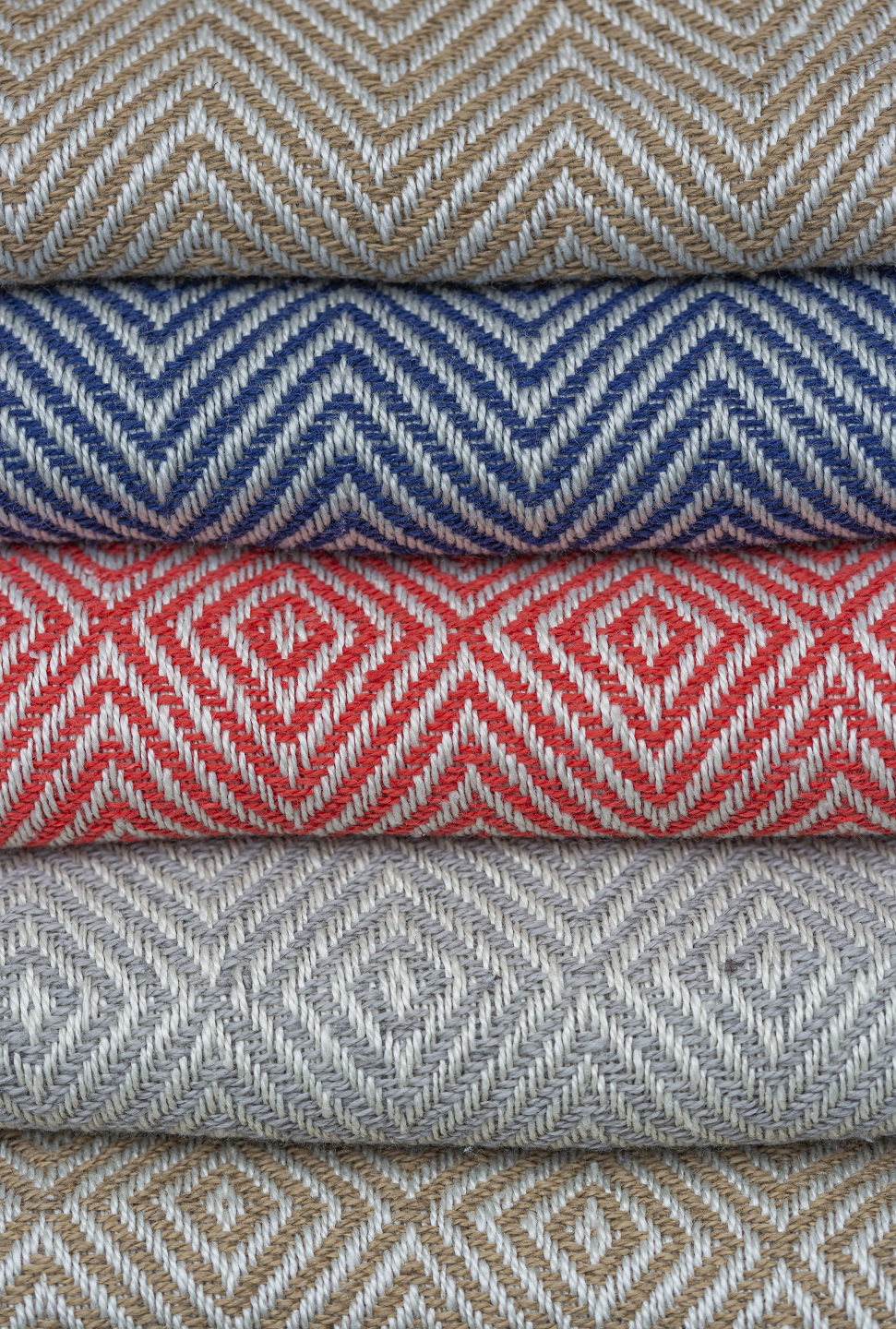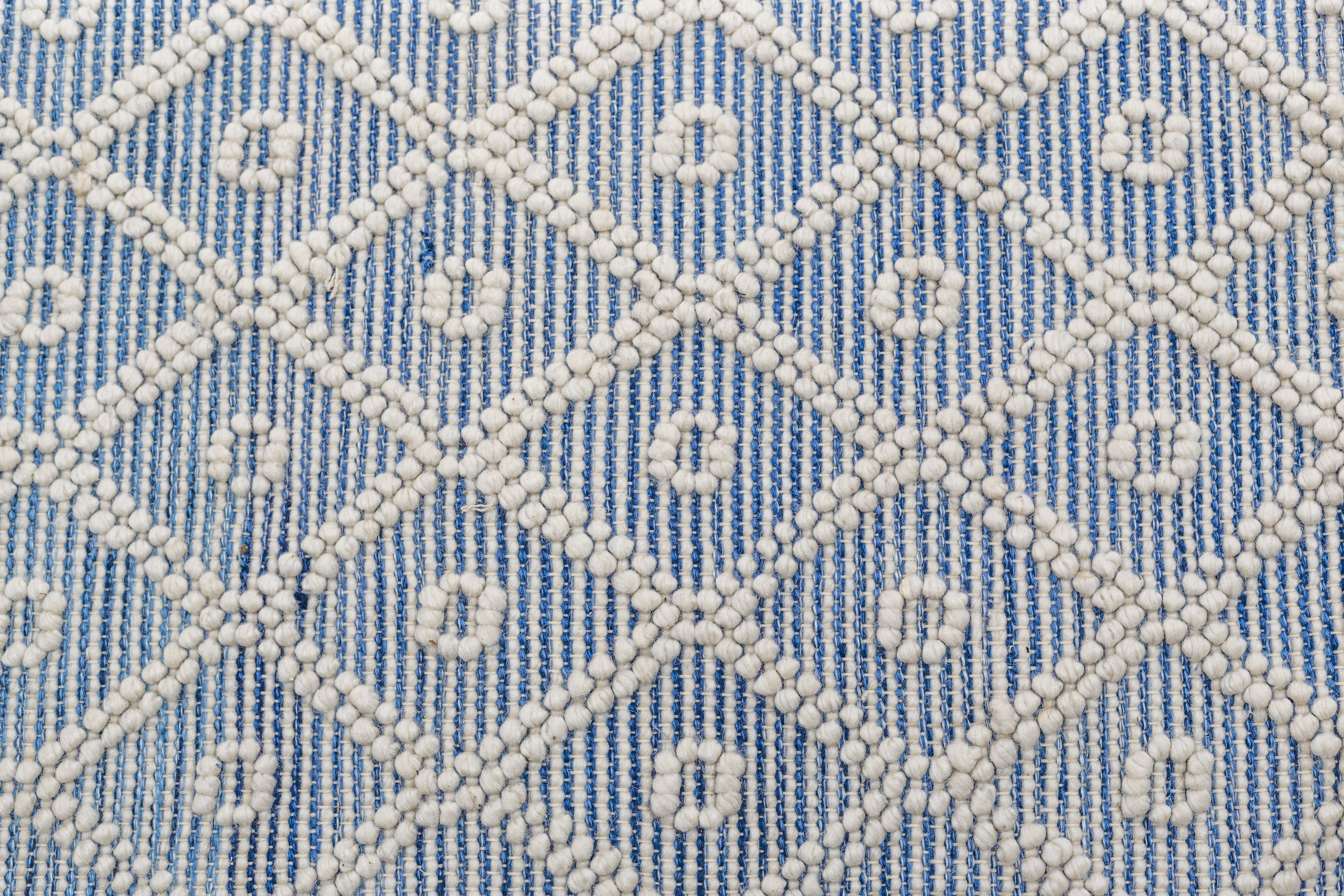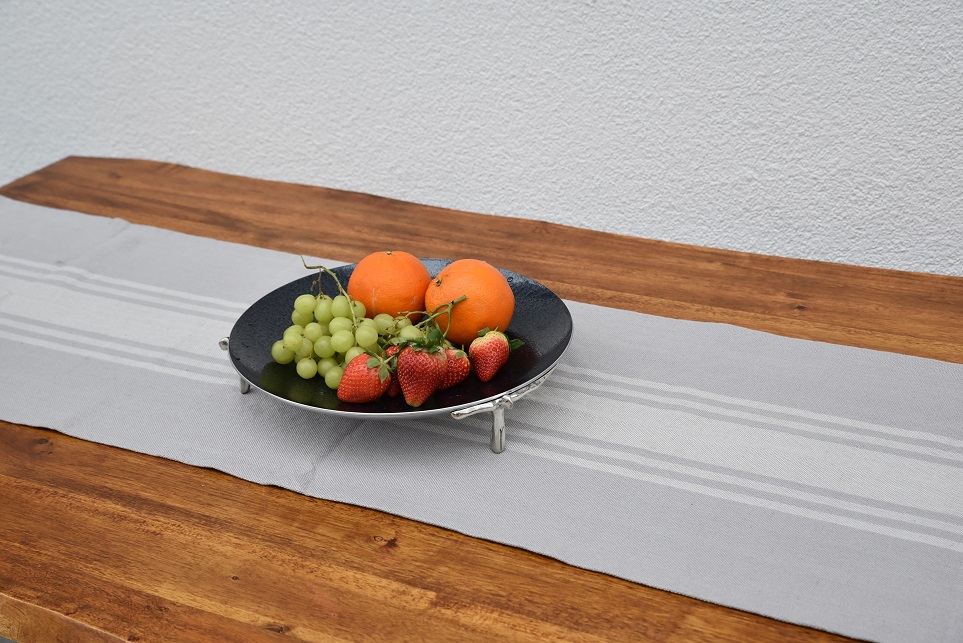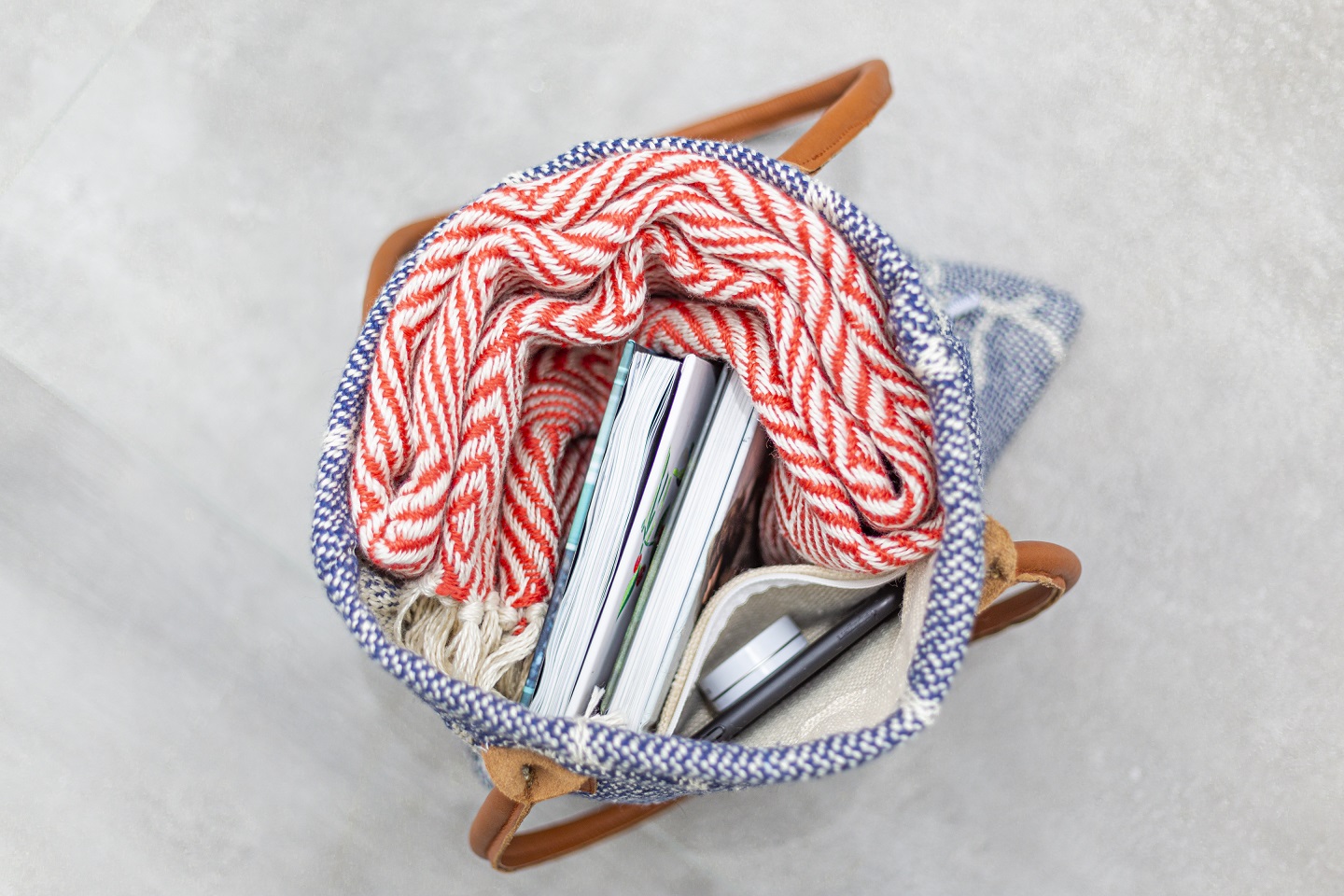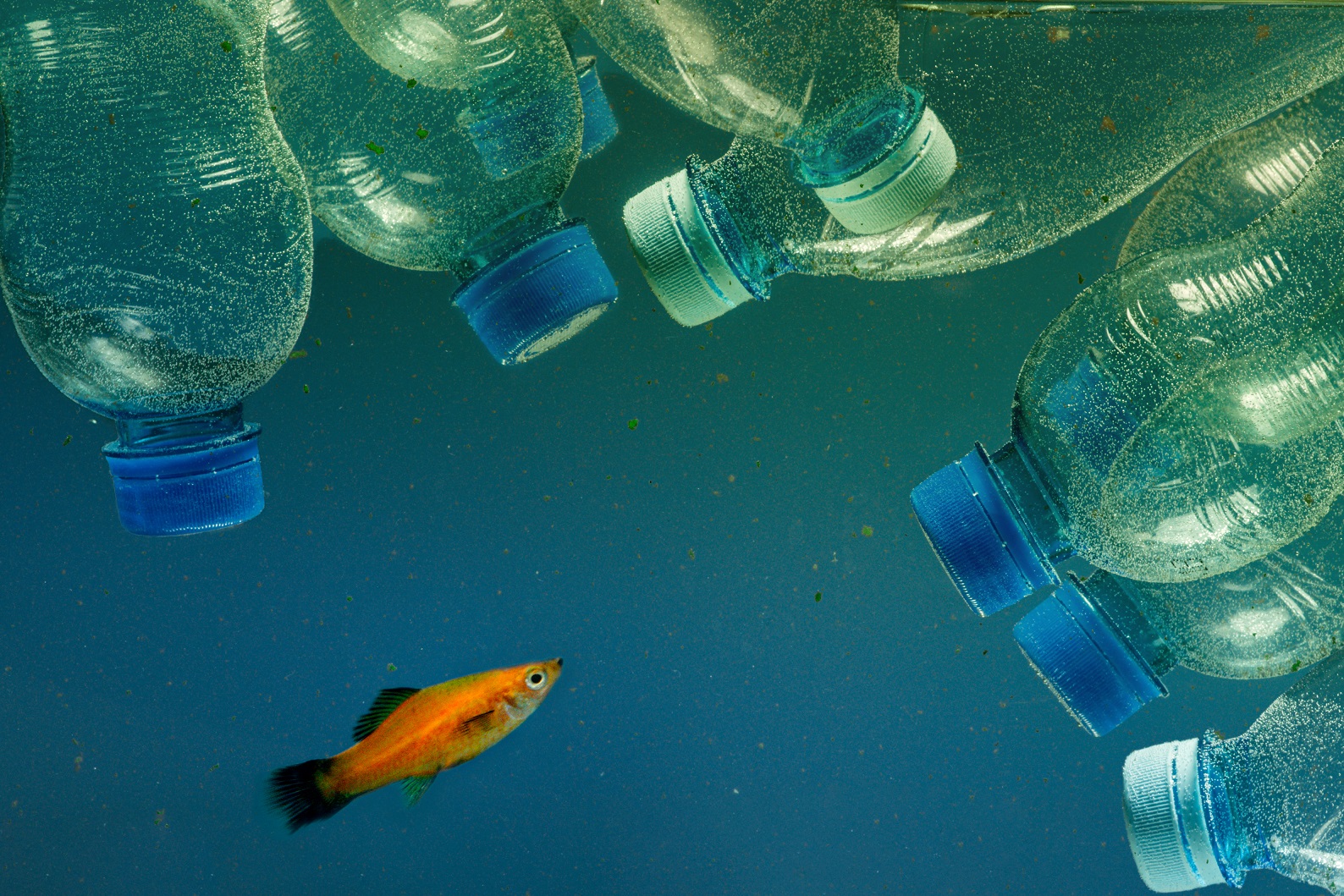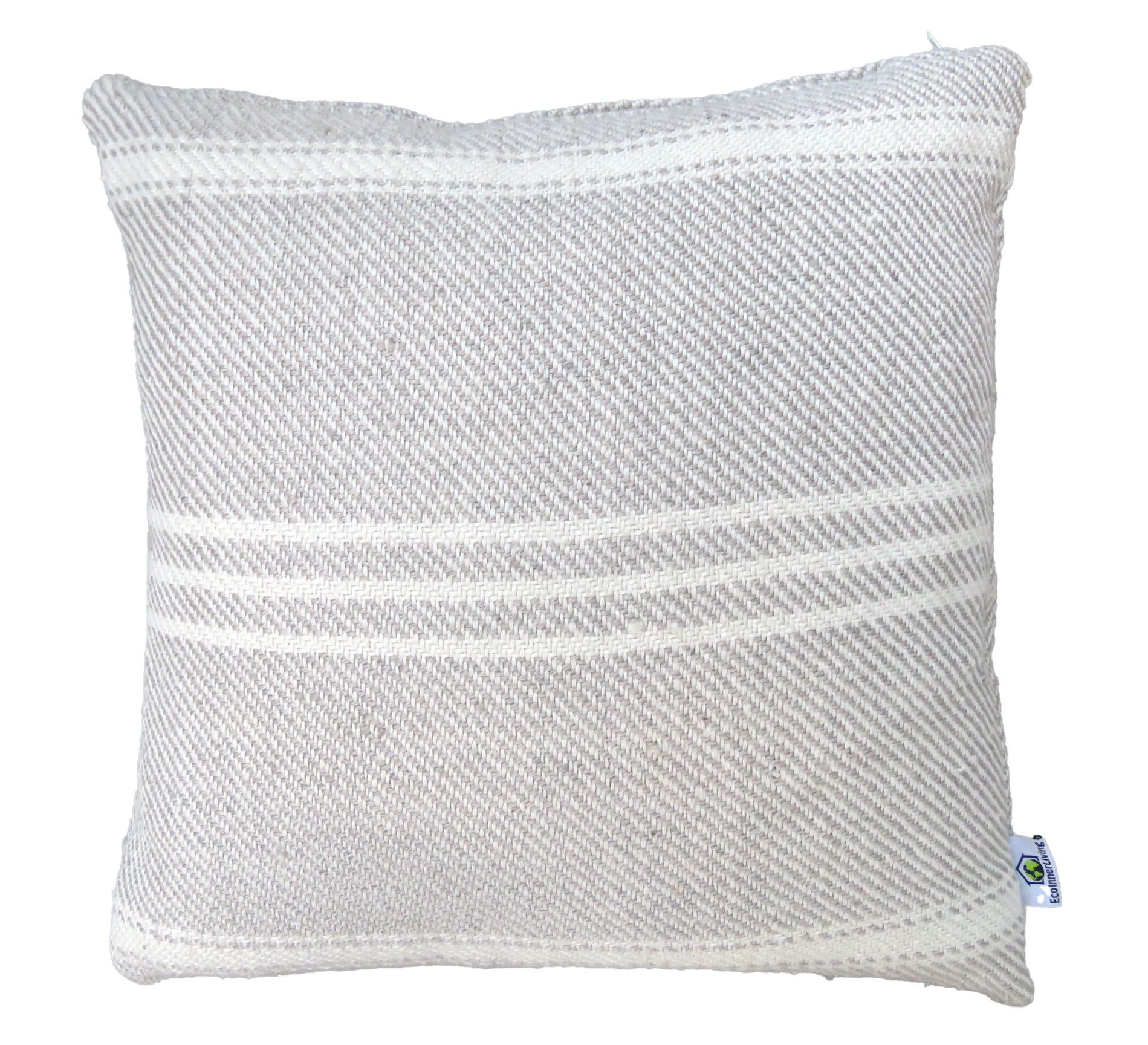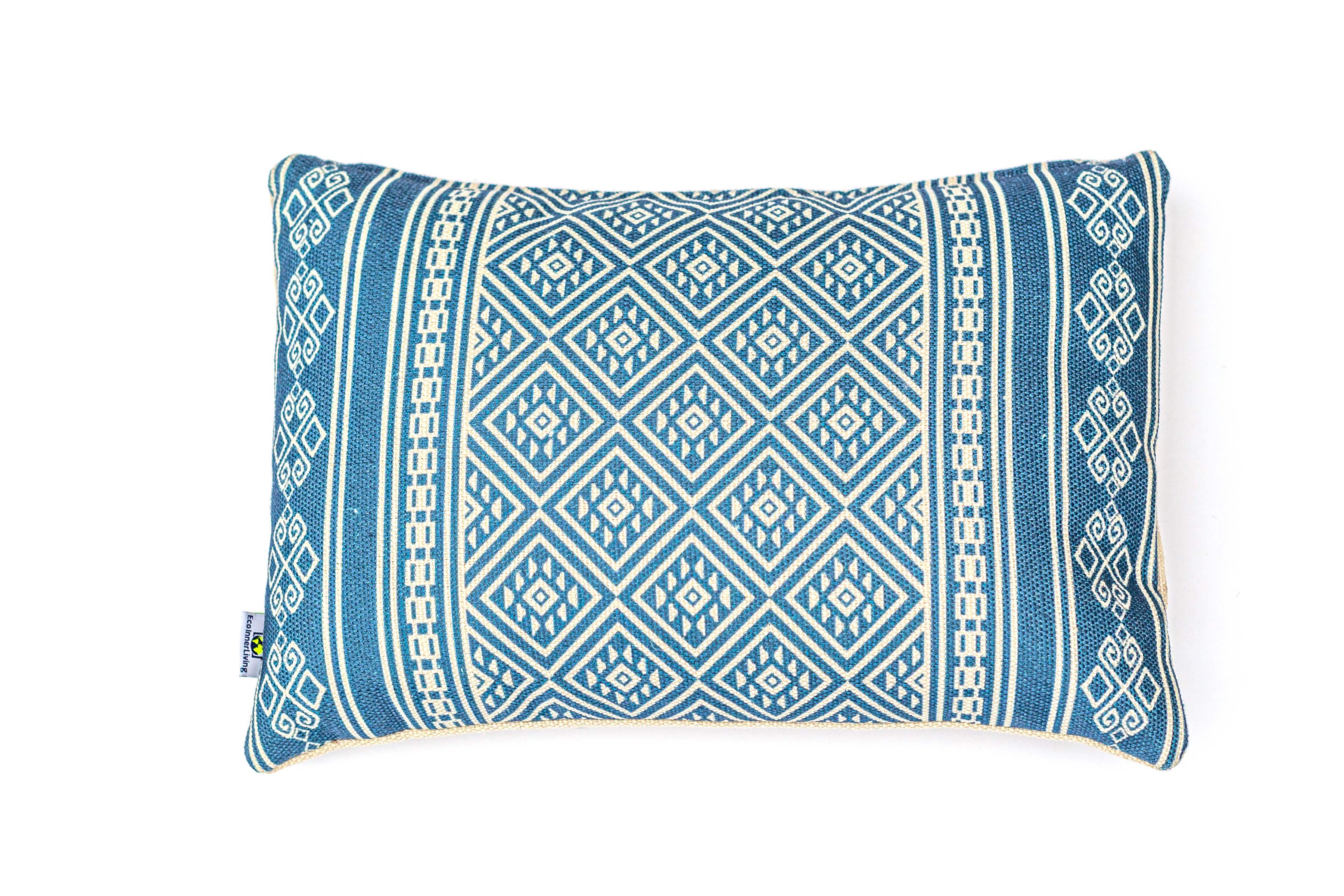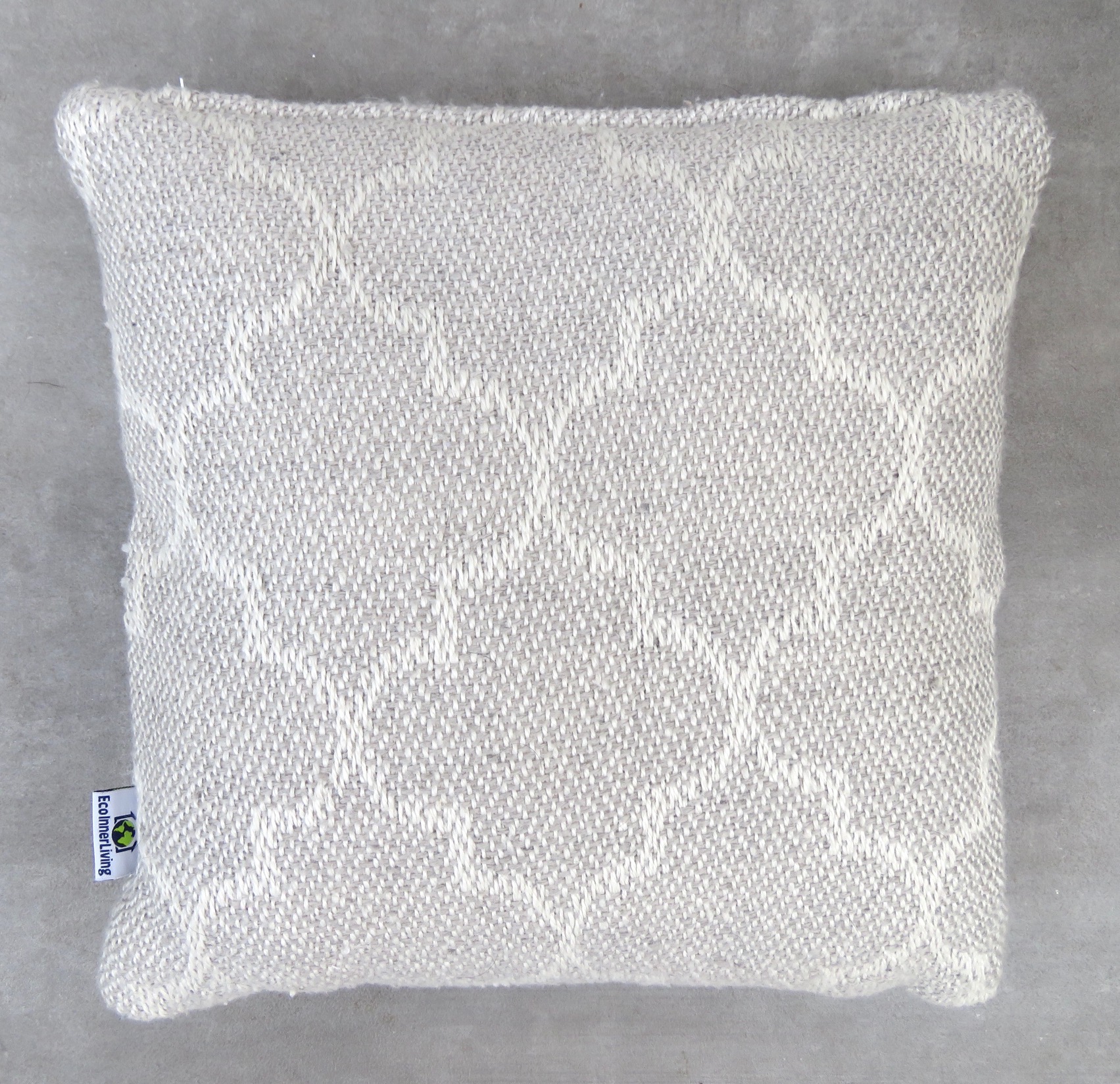Plastic as a secret weapon: how to decorate your home sustainably
Sustainability not only plays an important role in politics and the food sector, but now also in our own four walls. A sustainable lifestyle and therefore sustainable consumption is no longer a niche topic that only concerns Fridays for Future kids. However, if you want to make room for sustainable products in your life and in your household, there are a few things to bear in mind. After all, sustainability has many consumer faces: regional and unpackaged food, fair trade clothing and accessories made from organic cotton or natural fibres, products made partly or entirely from recycled materials. But what do you need to look out for if you want to shop for sustainable home textiles and how exactly do you actually consume sustainably?
What is truly sustainable consumption?
The German Federal Ministry for the Environment, Nature Conservation and Nuclear Safety - BMU for short - defines sustainable consumption as follows: Sustainable consumption is an important part of a sustainable lifestyle. Consumers take environmental and social aspects into account when purchasing and using products and services. Sustainable consumption also concerns the use and disposal behaviour of resources in everyday life. This includes, for example, the avoidance of disposable products or second-hand shopping. Important: Consumption is sustainable when it fulfils the needs of the current generation without jeopardising the opportunities of future generations. Above all, sustainable consumption means consuming more consciously, taking a closer look and keeping an eye on your own consumption. You can find more current news on the topic of sustainability on the BMU website.
In 2020, respondents to a survey on personal sustainability behaviour in Germany stated that around 55% "agree" that they pay attention to sustainable and environmentally conscious production when buying non-food products, such as furniture (Statista dossier on the topic of sustainable consumption). But it's not that easy to find sustainable products that save the earth's resources and are manufactured under fair working conditions.
It's the quality that counts: High-quality, sustainable home textiles
Home textiles generally include cushions, blankets, carpets, but also bed linen, towels and tablecloths - textiles that make a household cosy. If you want to shop for sustainable home textiles to make your home shine in a natural way, you should first look at the materials. Keep your eyes open when choosing materials! Resource-efficient or resource-saving, renewable, compostable and responsible sourcing or fair cultivation or production under social aspects - these are decisive terms when it comes to the sustainability of products. The following materials are generally considered sustainable:
- Organic cotton
- Recycled cotton
- Lyocell
- Bamboo
- Beeswax
- Bioplastics
- Ahimsa silk
- Wood
- Felt
- Clay
- Grass
Of course, there are many more sustainable alternatives, especially as more and more research has been carried out in this area in recent years. Sustainable materials are mainly natural raw materials, but recycled fabrics are also playing an increasingly important role in the textile industry. 5 Categories for sustainable materials that are mainly present in the textile industry are, for example, natural plant fibres, animal fibres and materials, artificial cellulose fibres, synthetic fibres and material innovations.
Plastic as a secret weapon
At first glance, plastic certainly has no place on a list of sustainable raw materials. However, old, used plastic in particular is a seemingly never-ending source of raw materials. Around 10 million tonnes of waste end up in the sea every year. Around 75% of this is plastic (you can find more information on this at Care Elite). Eco Inner Living takes advantage of this fact and produces stylish and sustainable home textiles from a strong yarn made from recycled PET. The sustainable home textiles are an eye-catcher both indoors and outdoors and, incidentally, they free our oceans from plastic waste.
The strong rPET yarn is extremely robust & durable, making products made from high-quality recycled PET doubly sustainable. They contribute to less plastic waste polluting our environment AND are long-lasting, which means they will continue to create a beautiful atmosphere in your living room for years to come.
Keep an eye on the quality features
Organic and Fairtrade have become real bestsellers. In addition, social commitment and transparent supply chains are gaining in importance year after year. Larger companies in particular are taking up the cause of sustainability, although this does not always mean that the products are of particularly high quality. There are many different ways to get involved in sustainability as a company and even small companies can make a valuable contribution. At Eco Inner Living, we not only produce with an innovative fabric made from recycled plastic, but also plant a tree for every product sold.
In general, less is more
If you want to live sustainably, opt for practical, functional and sustainable home textiles when furnishing your home. Simple and beautiful is the motto. Make a conscious decision for a high-quality product and think carefully about whether you will still enjoy the pattern, colour and shape next year. Stay away from rash, quick purchases.
Sustainable products in the household: your checklist
As you can see, there are a few things you need to consider for a conscious furnishing style. Here is a small checklist to help you always back the sustainable horse.
- Take the time to familiarise yourself with the products
- How is the desired product manufactured?
- Find out about the respective material (bamboo is not always the greenest alternative and plastic is not always reprehensible)
- Less is more - do you really need the decorative piece? Will you still like it in a year's time? Or could stepmum use the cushion in a pinch?
Sustainable consumption can start in your own living room. If you want to find out more about rPET, you can find our article about the little green recycling superhero here.


Matching articles



